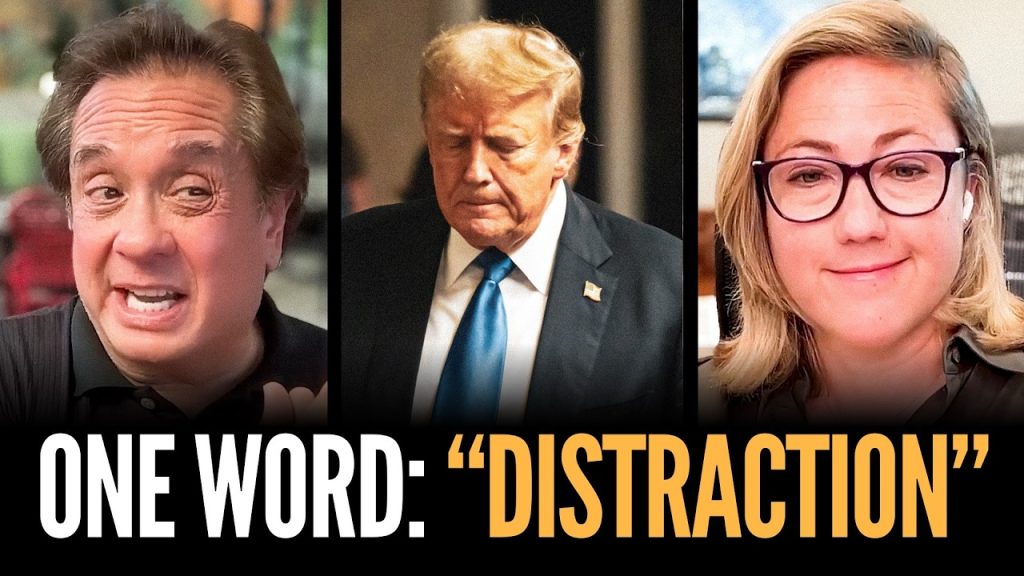In a provocative commentary titled “It’s All BS! Epstein is Why Trump Keeps Inventing ‘Emergencies’,” attorney and political commentator George Conway delves into the intricate web of political machinations involving former President Donald Trump, Jeffrey Epstein, and the concept of manufactured crises. The title suggests an audacious claim: that Trump’s frequent invocation of emergencies is more than mere rhetoric—it may be tied to the scandal of Epstein, the convicted sex offender whose connections have long plagued political circles.
The video hints at a broader critique of Trump’s presidency, particularly examining how the former president often leveraged crises to distract from controversies, including those surrounding Epstein and his associates. Following Epstein’s arrest in 2019, many prominent figures, from politicians to celebrities, faced renewed scrutiny regarding their ties to the disgraced financier. In this context, Trump’s rhetorical strategies may be interpreted as attempts to divert attention from potential political fallout stemming from Epstein’s dark legacy.
In the wake of Epstein’s arrest and subsequent death, conspiracy theories surged, with some suggesting that powerful figures—including Trump—could be implicated in a wider network of exploitation. Trump’s penchant for declaring national emergencies—be it over border security or challenges from political opponents—raises questions about his motives. Critics have argued that these declarations serve as tactical maneuvers designed to rally his base while deflecting critical attention away from potentially damaging revelations linked to his personal and professional associations.
As Conway lays bare these connections, he invites viewers to consider how the public’s response to such emergencies can be influenced by underlying fears tied to both political and moral accountability. The fallout from the Epstein scandal continues to illuminate the darker corners of power in America, providing fertile ground for discourse on how political leaders navigate their legacies amidst scandal.
Ultimately, Conway’s exploration highlights the need for critical analysis of the motivations driving political discourse in the contemporary landscape. Understanding the intersections between political emergencies and private scandals like Epstein’s is crucial for discerning the strategies employed by figures like Trump as they seek to shape public perception and maintain their grip on power.



